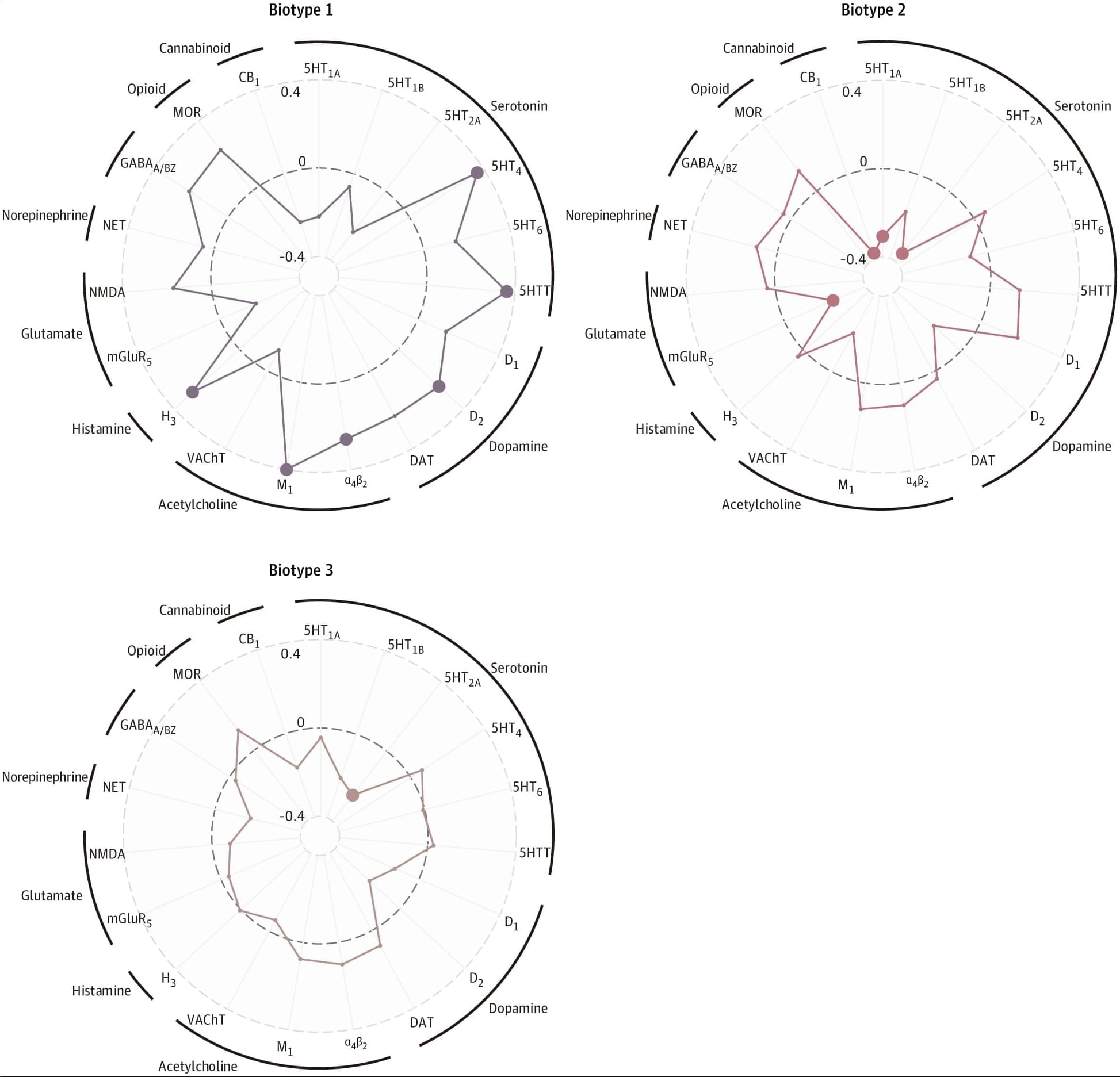The concept of stem cells dates back to the 18th century when scientists tried to elucidate how lower organisms developed tissues and organs. 1 These stem cells produce daughter cells that later undergo different biological processes, either continuous self‐renewal division, or differentiation into specialized cells with a limited lifespan. Normal tissue stem cells provide a life‐long source of cells for self‐renewal of tissues, which leads us to speculate that whether stem cells are capable of deriving a malignant cell population, and this lies the foundation of cancer stem cells (CSCs) theory. CSCs are defined as a subpopulation of malignant tumor cells with selective capacities for tumor initiation, self‐renewal, metastasis, and unlimited growth into bulks. 2
Despite decades of research on cancer treatment, it has been proved extremely challenging to achieve complete remission (CR) in cancer patients. Tumor relapse may be explained by the fact that antitumor therapeutics mainly target proliferative cancer cells but remain ineffective in quiescent CSCs. The role of CSC in tumor initiation was first identified in acute myeloid leukemia (AML). Since its isolation from a number of solid tumors and hematological malignancies, the CSC is believed to form the clonogenic core of these tumors. 3 Growing evidence now suggests that CSCs are responsible for multiple progressive tumor phenotypes, including recurrence, metastasis, and treatment failure. 4, 5 The intrinsic treatment resistance of tumors has partially attributed to the presence of the CSC subpopulation, 6, 7 and may also be induced by extrinsic factors, such as treatments and environments. 8, 9
Major signaling pathways are involved in the maintenance of stem cell properties and survival of CSCs, such as the Notch, Wnt, and Hedgehog (HH) pathways. 10 There is also intricate interplay network between these signal cascades and other oncogenic pathways. 11, 12, 13 Thus, targeting pathway molecules that regulate CSCs provides a new option for the treatment of therapy‐resistant or ‐refractory tumors. This review aims to provide an overview of the regulating networks and their immune interactions involved in CSC development. We also summarized the update on the development of CSC‐directed therapeutics, with a special focus on those with application approval or under clinical evaluation.







